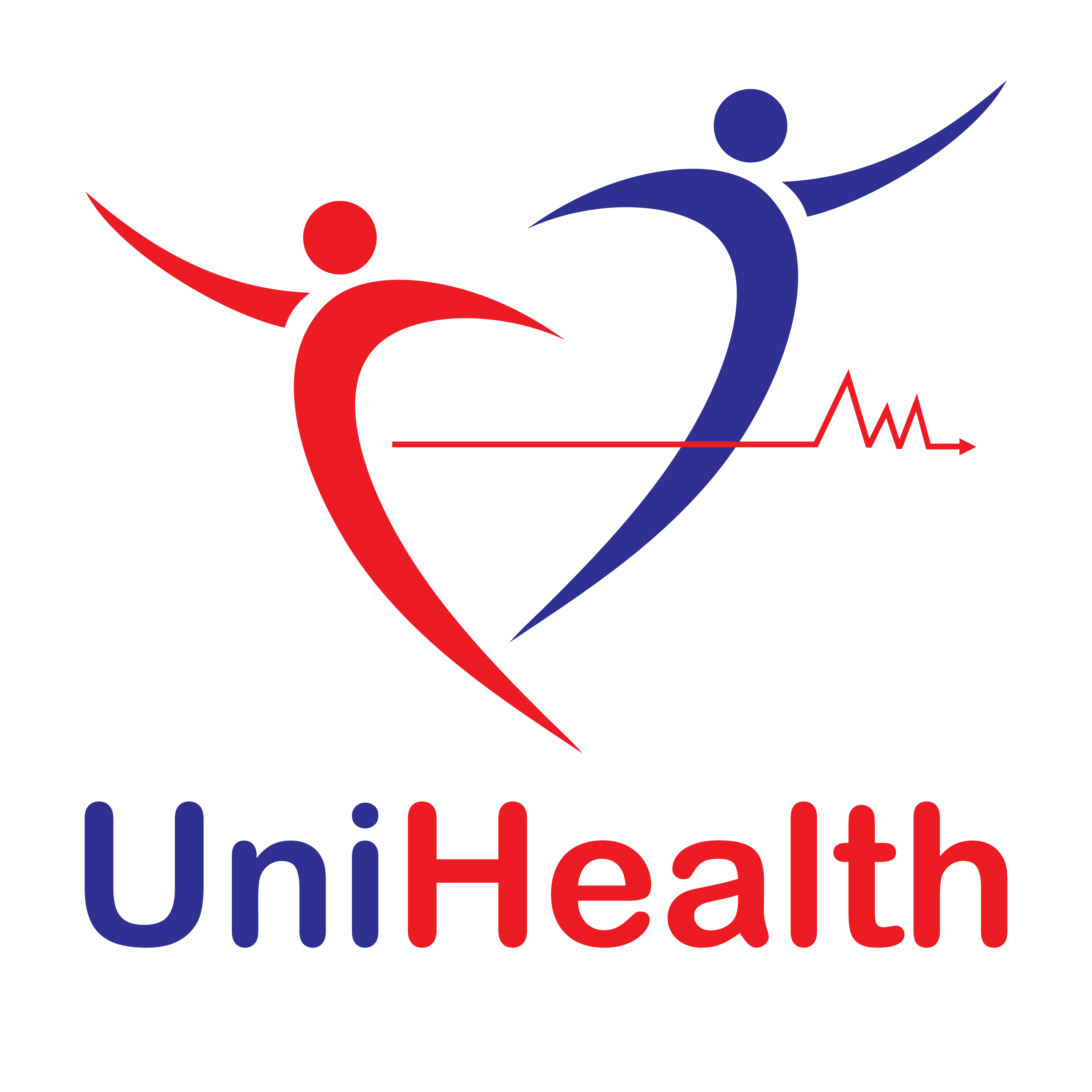Vaccination is a fundamental public health tool that has saved millions of lives worldwide, and its role is equally essential in Nigeria. Vaccines help prevent the spread of infectious diseases, safeguard vulnerable populations, and reduce healthcare costs. For Nigeria, a country that faces various infectious diseases, widespread vaccination is crucial to protect community health and build a healthier future. UMC Zhahir Hospital is dedicated to promoting the importance of vaccines and ensuring they are accessible to all.
Why Vaccination Matters in Nigeria
In Nigeria, infectious diseases such as measles, polio, and hepatitis B have historically posed significant health risks. Vaccines provide a proven defense against these illnesses, reducing the burden of disease and preventing outbreaks. Vaccination is particularly important for children, who are the most vulnerable to these diseases. By vaccinating children early, we ensure they are protected throughout their lives, which helps Nigeria's younger generations grow up healthy and resilient.
How Vaccines Work
Vaccines stimulate the immune system to recognize and fight specific pathogens without causing the disease. This process not only protects the vaccinated individual but also reduces the spread of diseases to others, creating what is known as “herd immunity.” Herd immunity is achieved when a high percentage of the population is vaccinated, limiting the potential for outbreaks and protecting those who cannot be vaccinated, such as infants or people with weakened immune systems. In densely populated areas of Nigeria, herd immunity is essential in preventing the spread of contagious diseases and protecting public health.
The Ongoing Fight Against Vaccine-Preventable Diseases
Nigeria has made significant progress in controlling and eliminating certain vaccine-preventable diseases. For example, the successful polio eradication program has eliminated the disease within the country, demonstrating the effectiveness of widespread immunization. However, other preventable diseases, such as measles and hepatitis, continue to pose a risk. Ensuring all communities have access to vaccines and that parents understand their importance is crucial to prevent the resurgence of these diseases.
UMC Zhahir Hospital’s Commitment to Immunization
At UMC Zhahir Hospital, we understand the importance of vaccines in building a healthier Nigeria. We are committed to providing vaccination services for children, adults, and elderly patients to prevent various infectious diseases. Our healthcare team is dedicated to educating the community on the benefits of immunization, helping patients stay informed and protected. From routine immunizations for newborns to vaccines for adults, we aim to make immunization easy and accessible.
Overcoming Barriers to Vaccination
Despite the clear benefits, certain challenges can hinder vaccine uptake, such as limited access to healthcare, misinformation, and vaccine hesitancy. Addressing these barriers is essential for successful immunization efforts. UMC Zhahir Hospital is committed to spreading accurate information, educating families on vaccine safety, and providing support to those who might face difficulty accessing vaccination services. By working together, we can ensure that every Nigerian has the opportunity to stay protected.
Looking Toward a Healthier Future
Vaccination is not only a personal health decision but also a contribution to the safety and health of the entire community. By increasing vaccination rates, Nigeria can prevent the spread of infectious diseases, reduce healthcare costs, and improve quality of life. UMC Zhahir Hospital encourages everyone to stay up-to-date with vaccinations, protect themselves, and contribute to a healthier Nigeria. Through the power of vaccines, we can build a future where preventable diseases are no longer a threat to our communities.


